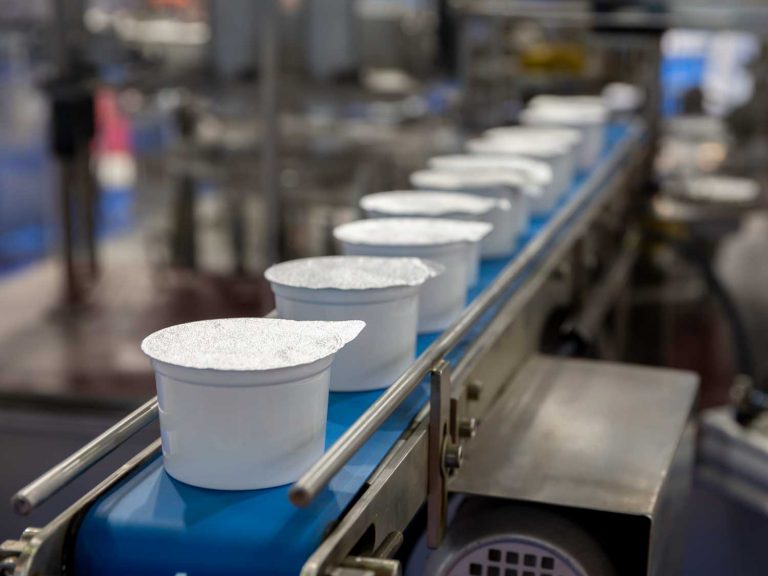
Date:
Unwrapping the Plastic Packaging Tax
From the 1st April 2022, importers, will be expected to pay tax on any plastic packaging over 10 tonnes, that does not contain at least 30% recycled plastic, with penalties for those that fail to pay, declare, or register for the tax.
Not a lot of people know that. But there is a potentially huge exposure and liability for all commercial businesses that do not comply.
Announced in the 2020 Budget, the Plastic Packaging Tax (PPT), will encourage the use of recycled plastic, by providing an economic incentive to use recycled material when producing plastic packaging. It is estimated that the tax could lead to an increase in the use of recycled plastic in packaging by approximately 40%.
Companies that produce or import more than 10 tonnes of plastic packaging over a 12 month period, will be liable for the tax of £200 for every tonne of packaging made from less than 30% recycled plastic, unless they can claim a credit or relief.
The tax will be administered by HMRC, who will establish and maintain a register for the purposes of collecting and managing PPT. Manufacturers and importers of plastic packaging components will be liable to be registered for PPT if there are reasonable grounds to believe that they will manufacture and/or import at least 10 tonnes of finished plastic packaging components in the past 12 months.
Because the tax will be calculated per component of plastic packaging, in the case of a glass jar with a plastic lid, the lid is treated as a separate component and in a bottle of moisturiser, the bottle and dispenser are classed as separate components that would need to be recorded separately.
Packaging that contains multiple materials, but contains more plastic by weight than any other single substance, will be a plastic packaging component for the purposes of the tax. For example, if a 10-gram item of packaging is made up of four grams of plastic, three grams of aluminium and three grams of cardboard, all 10 grams will be considered plastic packaging for the purposes of the tax.
In the UK supply chain, PPT is applied in the first instance to the packaging manufacturer. There is a secondary liability clause, meaning that if the tax has not been paid by the manufacturer, the liability can be passed down to other stakeholders in the supply chain, such as the brand owner or final product manufacturer.
Due diligence may be particularly difficult in relation to imported packaging and businesses will need to keep records of the due diligence checks they have made, which are in addition to the records required for PPT.
Producers and importers of less than 10 tonne of plastic packaging in a 12-month period, or where plastic packaging contains 30% or more recycled plastic content, will be exempt.
Medicine packaging, transit packaging like pallet wrap, packaging for goods in transit, or export within a year and durable components like DVD cases are also exempt.
Any business above the 10 ton threshold will need to keep records for their annual tax return of the packaging they manufacture or import, as plastic packaging is assumed to not meet the recycled content test unless it can be proven otherwise.
Accounting records (kept for six years) should show:
- Total amount in weight and a breakdown by weight of the materials used to manufacture plastic packaging, excluding packaging which is used to transport imported goods.
- Data and calculations used to determine if a packaging component is, for the most part plastic, and how much recycled plastic it contains
- Weight of exempted plastic packaging and the reason for the exemption
OFFICIAL GUIDANCE CAN BE FOUND HERE
To discuss your PPT situation, exemptions and compliance, please contact our customs brokerage team, who can take you through the implications. We have, within our extended group, expertise and specialist business analysts that can help and advise you on this evolving situation and we can introduce you directly to the best solution for your business needs.
